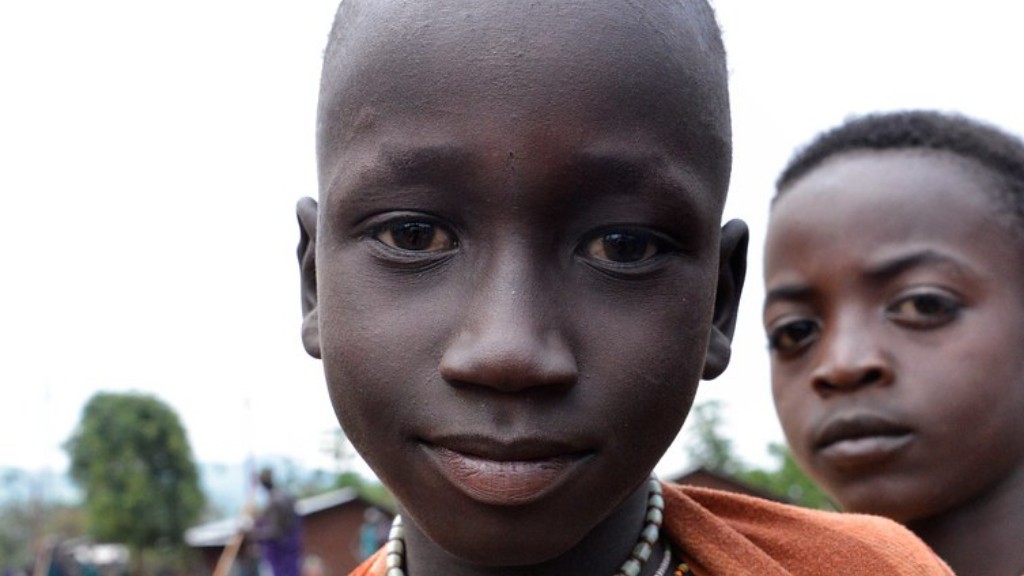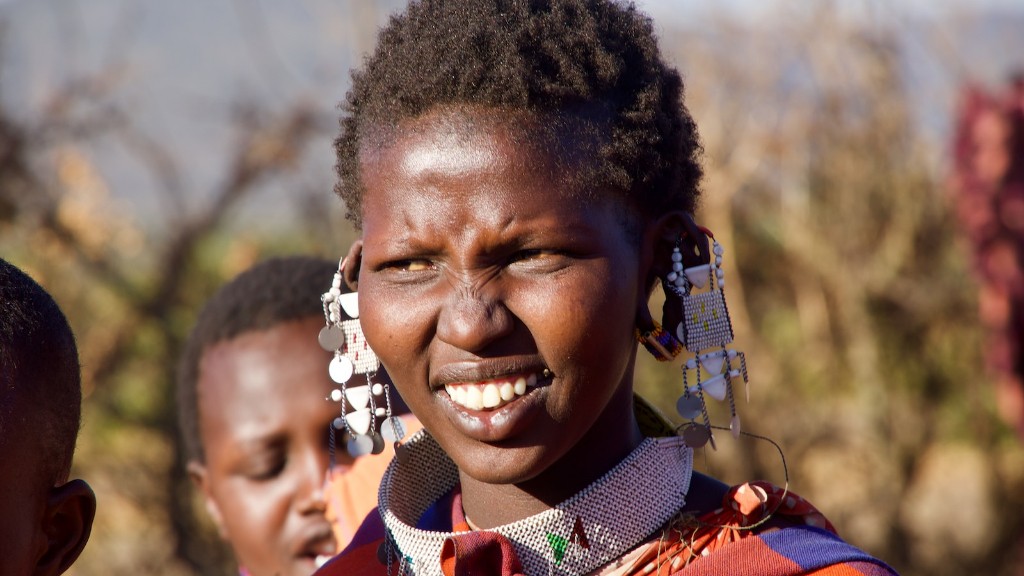Africa’s Naked Tribes: A Unique Cultural Perspective
Africa, the second-largest continent on Earth, is known for its remarkable diversity in people, landscapes, and traditions. Among the many fascinating aspects of African culture is the existence of tribes that embrace nudity as a natural way of life. These tribes, scattered across various regions of the continent, offer a unique perspective on the human experience and challenge conventional beliefs surrounding modesty and self-expression.
While the idea of nudity might be unfamiliar and even controversial to some, it is essential to approach these tribes with cultural sensitivity and respect. Understanding their historical context, values, and the reasons behind their nakedness offers insights into the complexity and richness of African culture.
Experts in anthropology suggest that nudity in African tribes serves as a symbol of communal unity and rejection of societal norms imposed by western influences. It signifies a return to the authentic roots of African identity, a way of embracing nature and promoting harmony within tribes. By shedding clothing, individuals in naked tribes promote egalitarianism and equality, as everyone is bare and vulnerable in their natural state.
One significant tribe known for its nakedness is the Himba tribe, residing in the Kunene region of Namibia. The Himba people have been living with their unique customs for centuries, defying the pressures of modernity. They use red ochre and butterfat to cover their bodies, further accentuating their connection to the earth and their spirituality.
Another tribe known for their nakedness is the Samburu people of Kenya. The Samburu tribe, closely related to the Maasai, persists in preserving their cultural heritage despite external influences. The Samburu men, adorned with intricate beadwork and various ornaments, display their bodies with confidence and pride.
It is crucial to acknowledge that the decision to be naked is not forced upon members of these tribes; rather, it is a voluntary choice that embodies their cultural identity and self-expression. Visitors must approach these tribes with an open mind and recognize that nudity does not equate to promiscuity or immorality; instead, it stems from a deep-rooted sense of tradition and connection to the land.
Through the lens of these naked tribes, one can begin to challenge their own preconceived notions of modesty and question the extent to which society’s guidelines dictate our self-worth. It serves as a reminder that cultural diversity should be embraced and celebrated, as it offers alternative perspectives on what it means to be human.
The Impact of Colonialism on African Traditional Attire
Africa’s history of colonization and the subsequent imposition of European values significantly impacted traditional attire in many tribes. As colonizers arrived on the continent, they brought with them their own ideas of modesty and morality, often condemning nudity as unacceptable and uncivilized. This forced many tribes to adopt European clothing or modified versions of traditional attire to conform to colonial standards.
Despite these external influences, many tribes managed to preserve their cultural practices associated with nudity. They resisted the pressures to conform and proudly continued their centuries-old traditions, reinforcing their unique identity and resisting the erasure of African heritage.
The Symbolism of Nudity in African Art
One cannot discuss nudity in African tribes without acknowledging the profound influence it has had on African art. From ancient sculptures to contemporary paintings, African artists often incorporate nakedness as a potent symbol of cultural pride, identity, and self-acceptance. Nudity in African art serves as a visual representation of the immense value placed on embracing one’s authentic self and celebrating the human body in its purest form.
A Modern-Day Perspective: Balancing Tradition and Progress
While these naked tribes undoubtedly offer a fascinating glimpse into Africa’s cultural heritage, it is essential to navigate the conversation around their traditions with sensitivity and respect. As the world becomes increasingly interconnected, these tribes face the challenge of preserving their way of life while also adapting to the demands of modernity.
Some argue that the preservation of these traditions is necessary to maintain the diversity that enriches our global community. However, others raise concerns regarding the potential exploitation of naked tribes for tourism purposes and the dilution of cultural authenticity.
Challenging Assumptions: The Beauty of Cultural Diversity
The existence of naked tribes in Africa serves as a powerful reminder that our beliefs and values are shaped by our unique cultural backgrounds. By immersing ourselves in the stories and traditions of these tribes, we broaden our understanding of what it means to be human and develop a profound sense of appreciation for the interconnectedness of our world.
Through respectful engagement and a commitment to understanding, we have the potential to challenge our assumptions, embrace cultural diversity, and celebrate the remarkable differences that make our global community both vibrant and beautiful.



